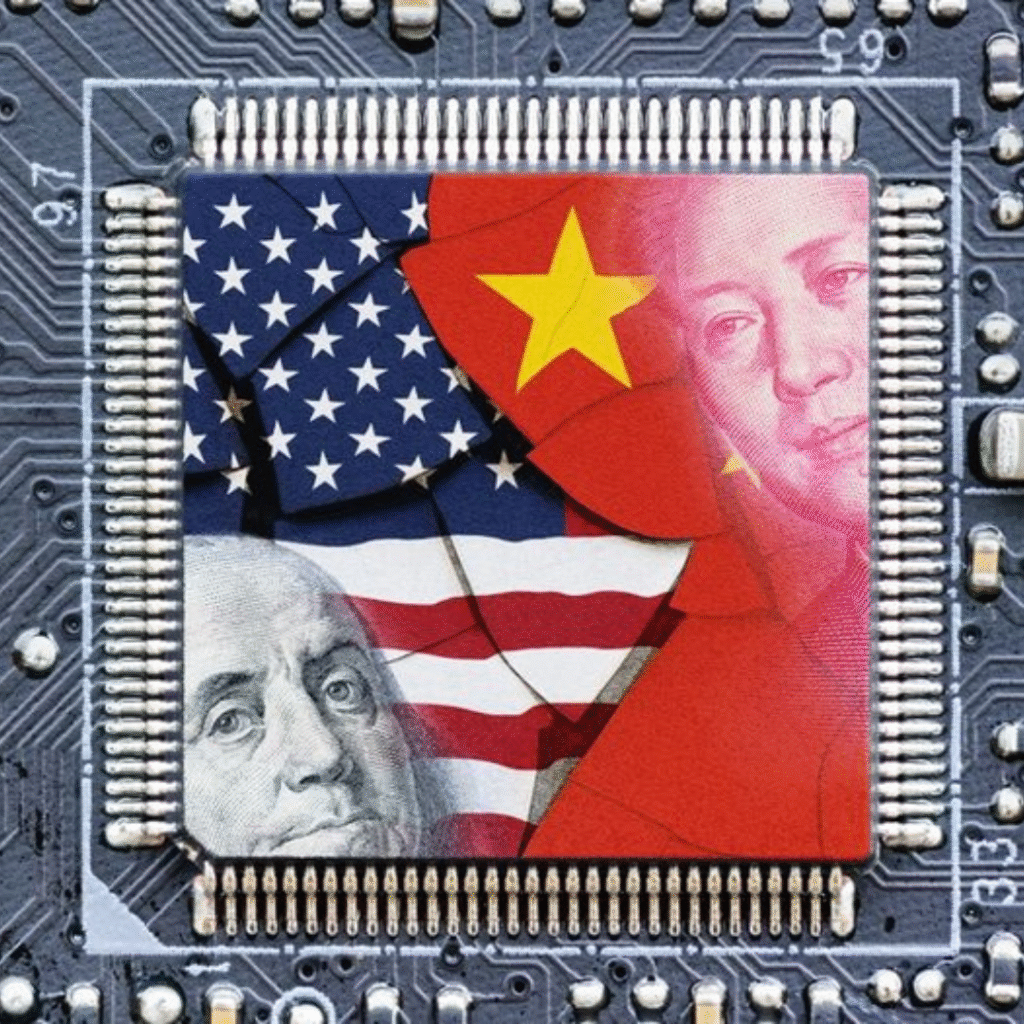Information
A bipartisan investigation by the U.S. House Select Committee on China has identified significant gaps in U.S. and allied efforts to restrict China’s access to advanced chipmaking technology. Despite export restrictions by the U.S., Japan, and the Netherlands, varying regulations have allowed Chinese firms to acquire nearly $40 billion in sophisticated manufacturing equipment legally. In 2023 alone, they purchased $38 billion from major suppliers, representing a 66% increase from 2022 and about 39% of these companies’ total sales. The committee warned that these purchases enhance China’s semiconductor production capability, which in turn impacts advancements in artificial intelligence and military modernisation.
The report urges the U.S., Japan, and the Netherlands to strengthen restrictions to cover entire classes of chipmaking tools, not just specific Chinese companies. It highlights three firms, SwaySure Technology, Shenzhen Pengxinxu Technology, and SiEn (Qingdao) Integrated Circuits, as security risks due to ties with Huawei’s restricted supply network. While some industry leaders have noted a decline in sales to China under new regulations, they support closer policy coordination among allies. The committee emphasises that without unified controls, China could continue to reshape the global semiconductor supply chain and threaten the technological edge of democratic nations.
Source: Reuters, AP
So What
It is not surprising that technological progress has been a priority for China for some time. This situation also underscores the inefficacy of sanctions in restricting access to certain technologies for specific nations. It is probably due to the fundamental human nature of greed; if there is money to be made, people will pursue it. Similar patterns can be seen in how Russia bypasses sanctions through the Stans and other third-party states. Nonetheless, it is unlikely that the US or the West in general will be able to prevent this.
Follow us to join the intelligence community!

